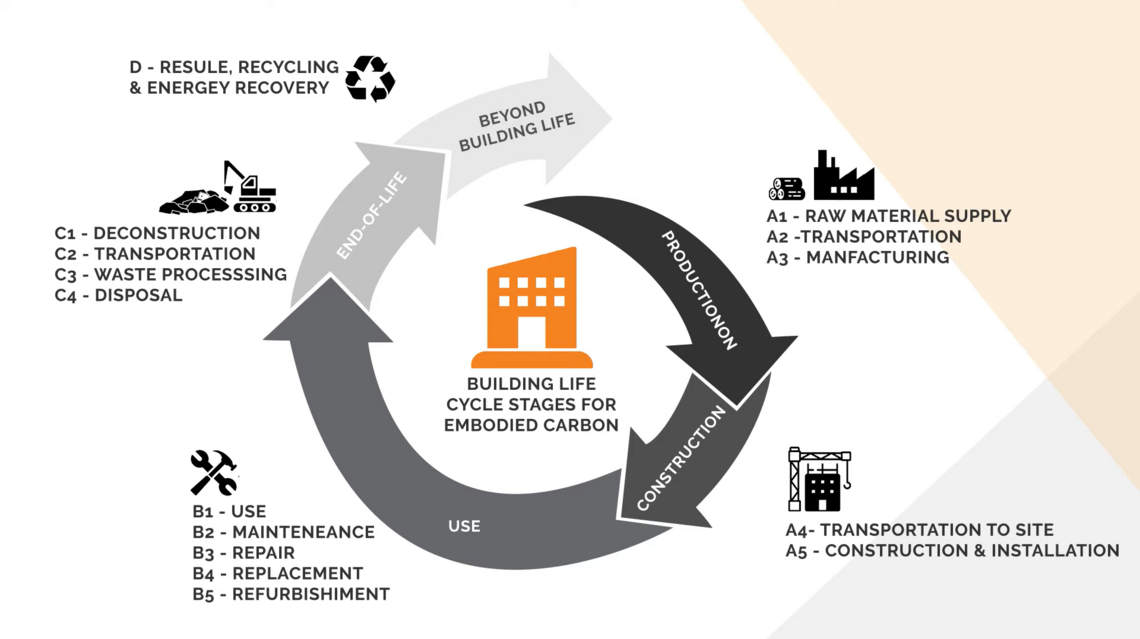
Yuriy Golub
Equity Focused Co-Design for and with children in low-income families
Paniz Mousavi Samimi | Environmental Design | Iran | Class of '27
An appropriate living environment is essential for every child; however, since housing crises are impacting the quality and affordability of accommodation, a growing number of low-income families are deprived of a proper home.
Poor-quality housing has detrimental effects on the mental health of all residents, especially children, who are constantly undermined in such circumstances. As a part of the solution, empowering children by giving them a voice in the design process, can significantly contribute to providing equitable environments for them. Therefore, my research aims to develop an equity-focused design framework that improves children’s mental health in social housing along with their participation.
Improving sustainable architectural design process, using Building Information Modelling (BIM) based on Life Cycle Assessment (LCA)
Mehdi Zahed | Sustainable Architecture | Ontario, Canada | Class of '23
The overlapping conjunction of sustainable development with the practice of architecture, building materials, and life cycle assessment (LCA) approach is the main focus of this study. In it, the role of architects and consultants in the early-stage decision-making process and the use of building information modelling (BIM) tools in conducting whole building LCA (wbLCA) were investigated. This research promotes sustainable design by optimizing embodied carbon at the early design stage.
This research reviewed pertinent literature on the cutting-edge topic of BIM-based LCA, examined best practices and standards, government guidelines, current dominant tools used by architectural consultants, and interconnected LCA tools to BIM applications to conduct wbLCA.

Residential Foundation, BIM, screenshot by the author – 2023

zbex.org/resources – 2021
The research gathered and presented: 1) valuable related literature, 2) provided a brief understanding of sustainable architecture, 3) offered an overview of the current picture of sustainable architecture in Alberta on the topic of wbLCA, using qualitative and quantitative methods, 4) conducted interviews with wbLCA consultants to find the current barriers in working with architects and other practitioners, and stakeholders, and 5) utilized a comparative study for two typical residential foundations built in Canada and the United States, in order to provide a practical approach in optimizing embodied carbon for small buildings.
The study concludes with a perspective on the future of sustainable design using the wbLCA approach and recommendations for the actors in this field.
Keywords: Embodied Carbon, Sustainable Architecture, Life Cycle Assessment (LCA), Building Information Modelling, BIM-based LCA, Whole-Building Life Cycle Assessment (wbLCA)
Want to be featured?
If you would like your work to be featured on the website, please send an email to marcomm@sapl.ucalgary.ca with the subject line "PhD Research Submission" along with your submission package.

